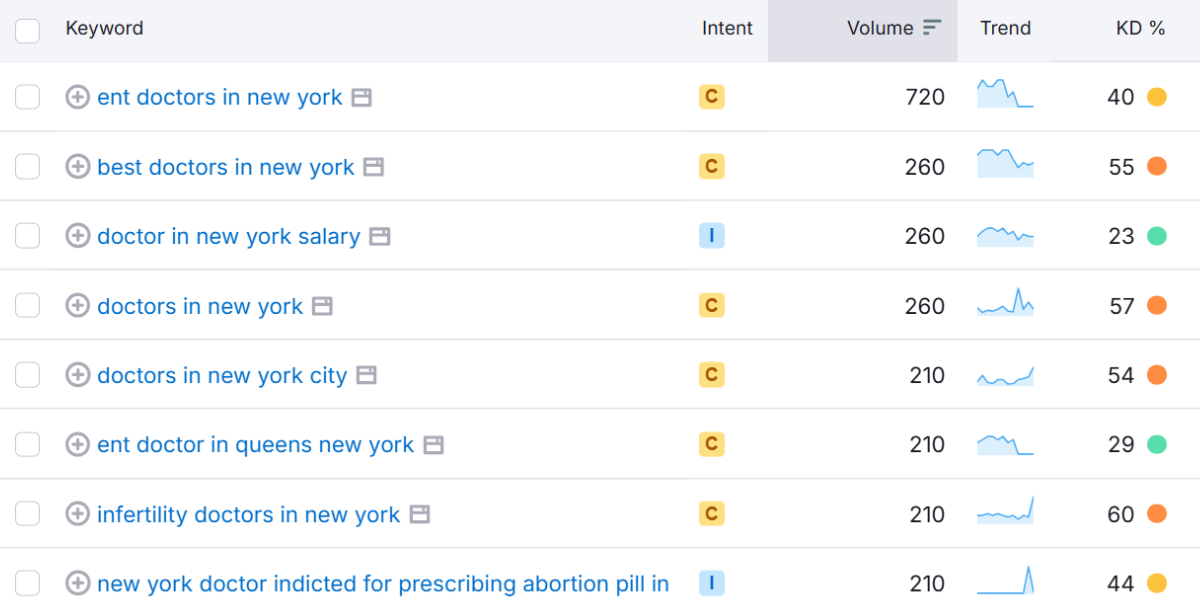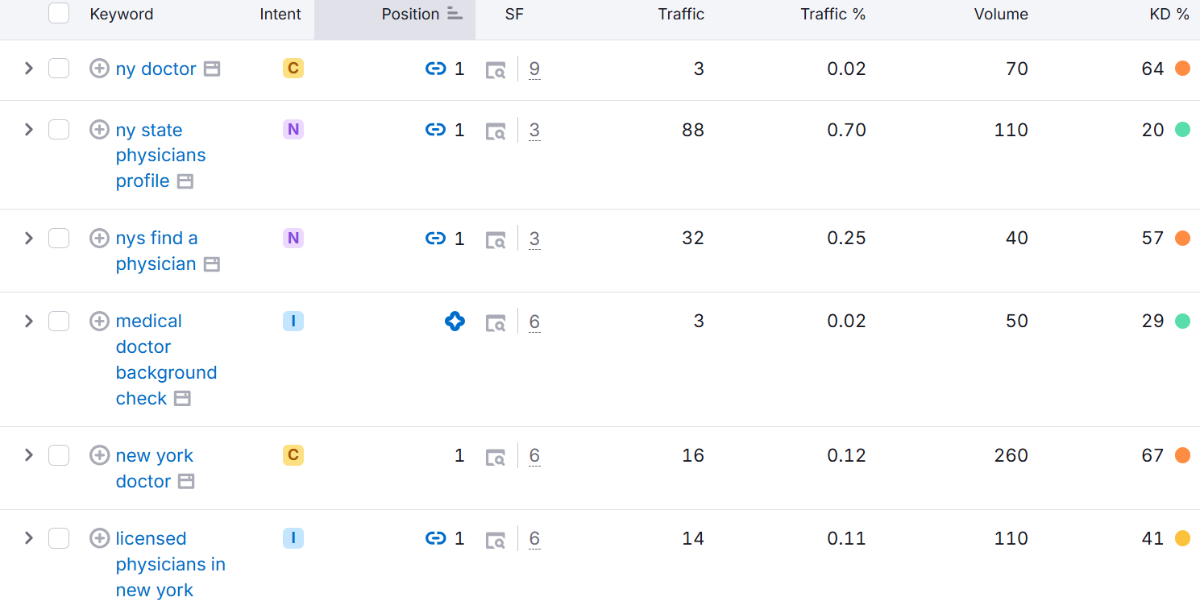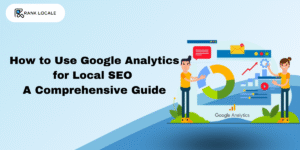Why do some local businesses always show up first on Google, while others stay hidden? It’s not luck, it’s smart local SEO. At the core of that is find keywords for local SEO, helping your business get found by real people nearby without spending loads on ads.
In this blog, we will explore
- Why local SEO matters
- How to find the right keywords step by step
- how to track your ranking
We’ll also show you how to use keywords in context so you stay ahead of your local competition and reach the people who matter most.
Why is Local SEO Important?

If you’re running a business in a specific area, understanding why local SEO is important can really change the game.
It helps you show up when nearby customers search for exactly what you offer.
A solid local SEO strategy isn’t just about visibility; it’s about being found by the right people at the right time.
Think of it as guiding local traffic straight to your website or storefront without relying on paid ads.
Through smart local SEO optimization, your business builds trust and stands out in local search results.
And that means more calls, visits, and loyal customers right from your own community.
How to Do Keyword Research for Local SEO: Step-by-step

SEO for home inspection, SEO for oil and gas firms, and SEO for hair salon businesses. Next, combine your services with areas, such as a city or neighborhood, to kick-start your first keyword list. This will provide a solid foundation for local keyword research for connecting with your audience.
Start with Location-based keywords
Mix your service keywords with location names. Try “dentist in Chicago” or “Chicago emergency dental care” instead of just “dentist.” Include neighborhoods, districts, and nearby areas too.
Use Google Autocomplete for Real-Time Suggestions
Type your service and area into Google and watch what shows up. The suggestions you see are based on real searches and can inspire valuable long-tail keywords for your local SEO plan.
Check “People Also Ask” and Related Searches
Scroll to the bottom of Google results or look at the FAQs shown in the “People Also Ask” box. These are goldmines for finding commonly searched queries related to your niche and area.
Use Google Trends to Spot Local Interest
With Google Trends, you can compare different keyword variations and see which are rising in popularity. Filter by city or region to get even more localized insight for better search listing performance.
Try a Keyword Research Tool (Free or Paid)
Tools like KWFinder, Semrush, or even a keyword research tool can help you discover keyword volume, competition, and related terms. Just apply your location filter and start collecting ideas.
Analyze Your Competitors’ Rankings
Find out which businesses rank high in your area on search engines and analyze which keywords they are using. This can hint at some keywords that are not well exploited or at some gaps where ranking may be easy.
Categorize and Group Keywords by Intent
Classify your keywords into categories such as “informational,” “commercial,” or “navigational.” Matching content to search intent helps ensure that you attract users actually willing to engage or buy.
Target “Near Me” and Conversational Queries
Add keywords such as “near me,” “open now,” and “best in [area]. These queries are searched a lot in mobile search contexts and increase visibility in voice and map results.
Implement Keywords in Your Content Strategically
Place local keywords in your page titles, H1s, meta descriptions, and body copy naturally. Don’t forget to optimize for location-specific terms on your Google Business Profile too.
Track Performance and Update Frequently
Monitor keyword rankings and click-through rates with tools such as Google Search Console or other analytics tools. Continue to modify your keywords with the changing trends and landscape as new competitors will come into the scene.
Why Keywords in Context Matter for Local Businesses

Using the right keywords in business is important. But using them in the right context is what really makes them work.
Because it’s not just about stuffing words into a page. It’s about matching what people actually search for in real situations.
That’s where keywords in context come in.
They help search engines understand how your content fits real customer needs and local intent.
Through keywords in context analysis, you can see which phrases truly connect with your audience.
It’s a simple shift that can lead to better visibility, more relevant traffic, and customers who actually convert.
How to Track Local Keyword Rankings

Use Local Rank Tracking Tools
Tools like BrightLocal, Semrush, or even Google Search Console can help you. They keep an eye on where your keywords stand. They show how your local terms are performing in specific cities or ZIP codes.
Track Keywords by Location, Not Just Globally
Just because a keyword ranks well nationwide doesn’t mean it performs the same locally. Make sure you’re tracking by city or neighborhood for accurate results.
Check Mobile vs. Desktop Rankings
People search differently on phones than they do on desktops. It’s a smart move to track both, especially since mobile searches are huge for local businesses.
Keep an Eye on Map Pack Rankings Too
Showing up in the local 3-pack (Google Maps results) is a big win. Tools like Local Falcon let you see how you rank on the map, not just in standard search.
Review Trends Regularly, Not Just Once
Rankings shift over time, especially with local SEO. Set a routine—weekly or monthly—to check progress so you can tweak things before it impacts traffic.
Conclusion
So, if you’re serious about showing up in local search, local keyword research is where it all begins.
It helps you uncover what people nearby are actually searching for—and that’s gold for your business.
Using the right SEO tools makes the process a whole lot easier and more accurate.
Even free tools like Google Keyword Planner can give you solid insights into real search behavior.
Take the time to research, test, and refine your keyword list.
It’s a small effort that can lead to big results when it comes to local visibility and new customers.
Need help with your local keyword strategy? Let Rank Locale handle it and start getting found by the right people.




